One of the most common misconceptions about creative people is that such a quality is acquired by birth and that it is impossible to hone it over the years. However, such an opinion contradicts one of some studies that do not show a direct correlation between intelligence and creativity.
On the other hand, one thing is certain – creativity is unpredictable and requires cognitive abilities that are different from “ordinary” thought processes. Due to the complex thought structures it evokes, creativity is often elusive in nature but can be noticed in people who possess it.
Different ways of expressing oneself through courses such as the BAH School of Drawing and Painting or creative writing courses are just some of the ways to present creativity to the world. In the following text, read what are the 7 qualities of highly creative people by which they are distinguished.
1 Courage to try new things
Highly creative people show courage to try new things, risking failure and negative feedback from the environment. However, every revolutionary idea that shook the established foundations began with some “crazy” or courageous idea that led to success. This does not mean that such an approach is always correct, but that the courage to jump into the unknown is a quality of creative people.
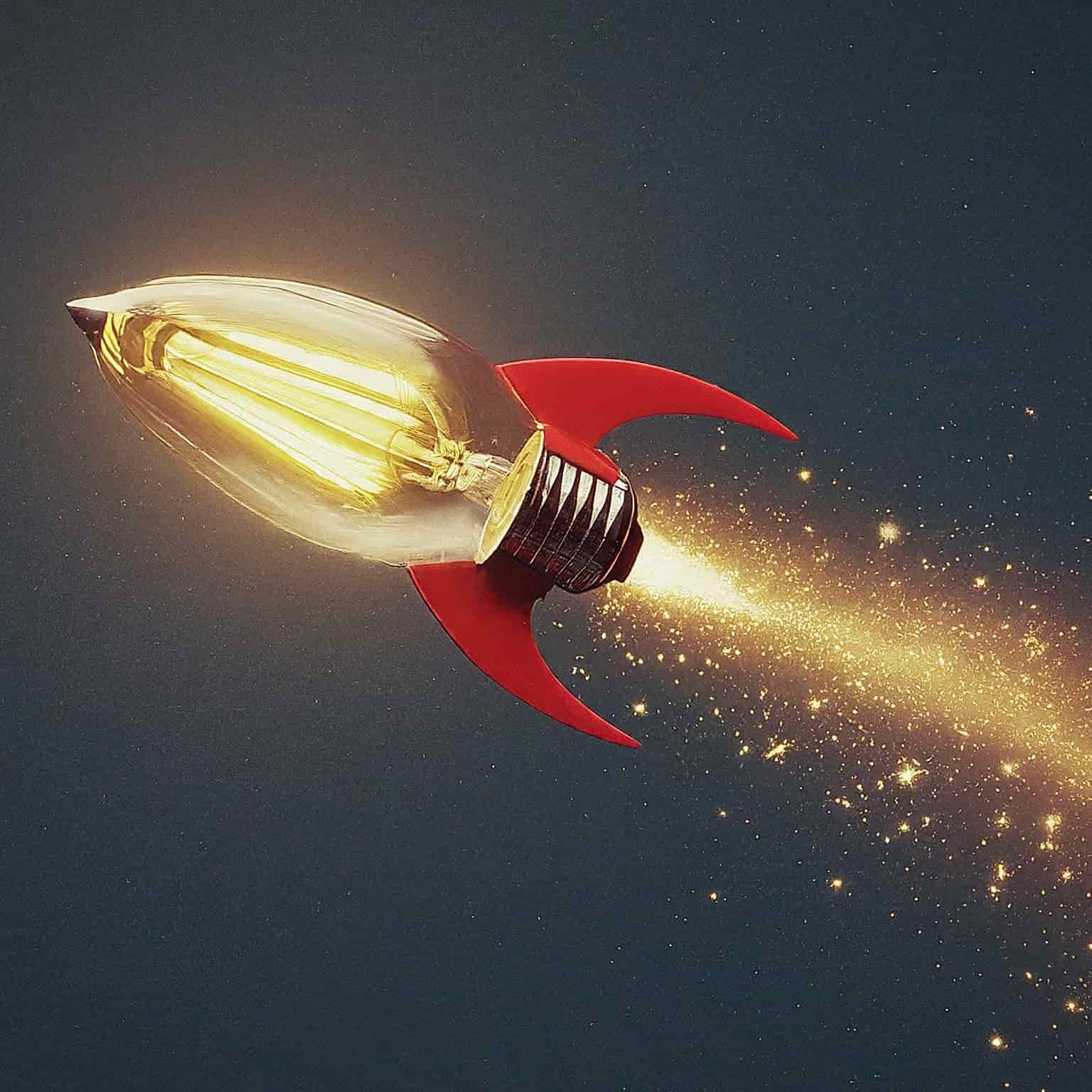
2 Sense of humor and play
The creative process can often arise from a comic situation that has made the author think more deeply about the nature of his action. Cartoons, video games, and funny movies are a feature of humorous minds and highly creative ones. The nuance of the layers of humor, with intelligent remarks and comments that play on the minds, makes this quality a part of the identity of highly creative people.

3 Curiosity as the fuel of creation
Curiosity stands out as a characteristic of highly creative people because it represents a sophisticated way of thinking and the fuel of creative creation. Curious people find ways to be interested in new things, discover themselves, and develop personal development while strengthening cognitive functions and developing creative traits. In the long run, curious people have more opportunities to develop the creative part of their personality.
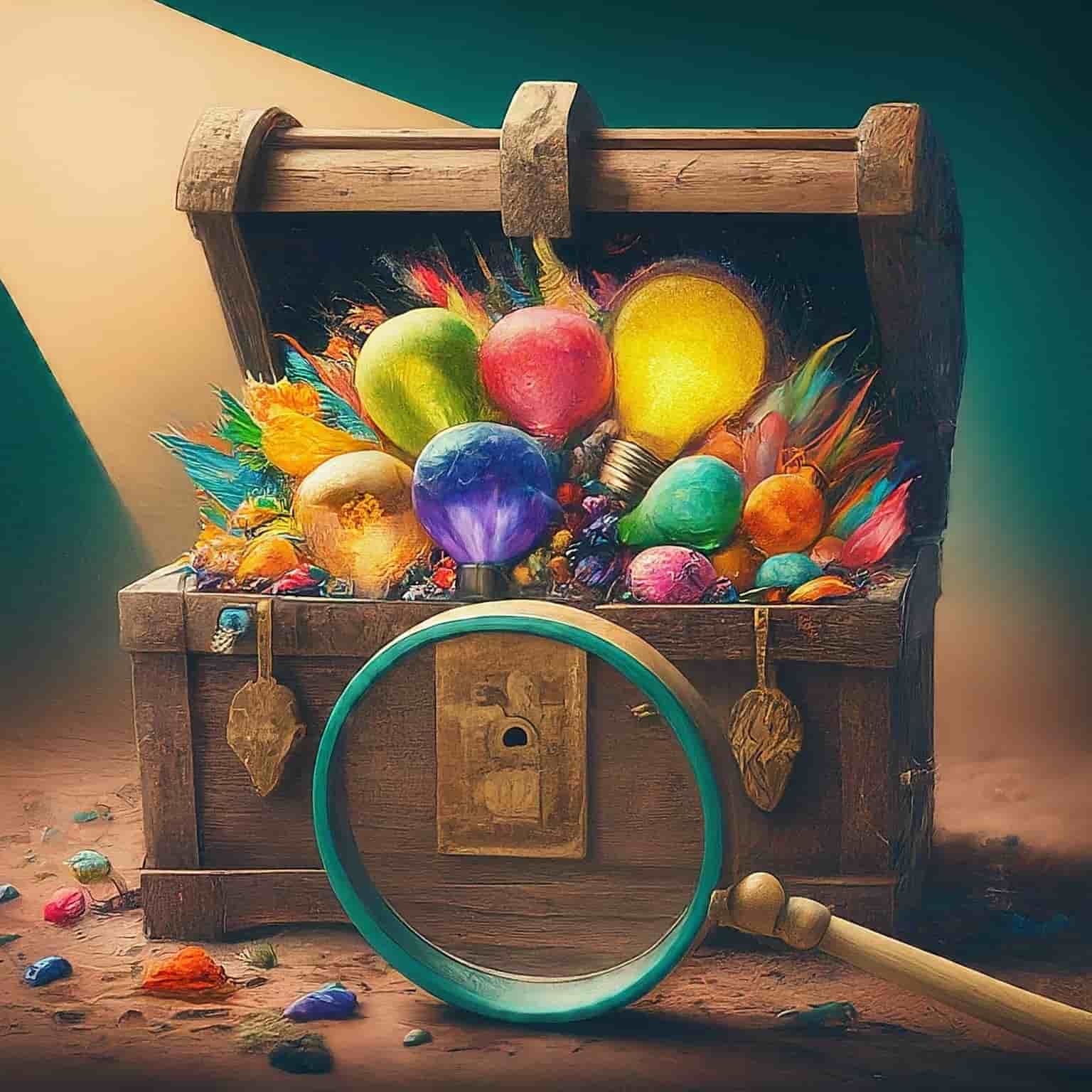
4 They use intuition along with logic in problem-solving
Highly creative people often rely on intuition and logic to solve problems, make decisions, and create new ideas. Intuition can often be in direct conflict with the consensus of the environment, but it relies on the courage of creative people and is sometimes necessary for creative creation. Sometimes it doesn’t matter what others advise you if the “feeling” tells you that you are right and that the right solution is what you imagined.
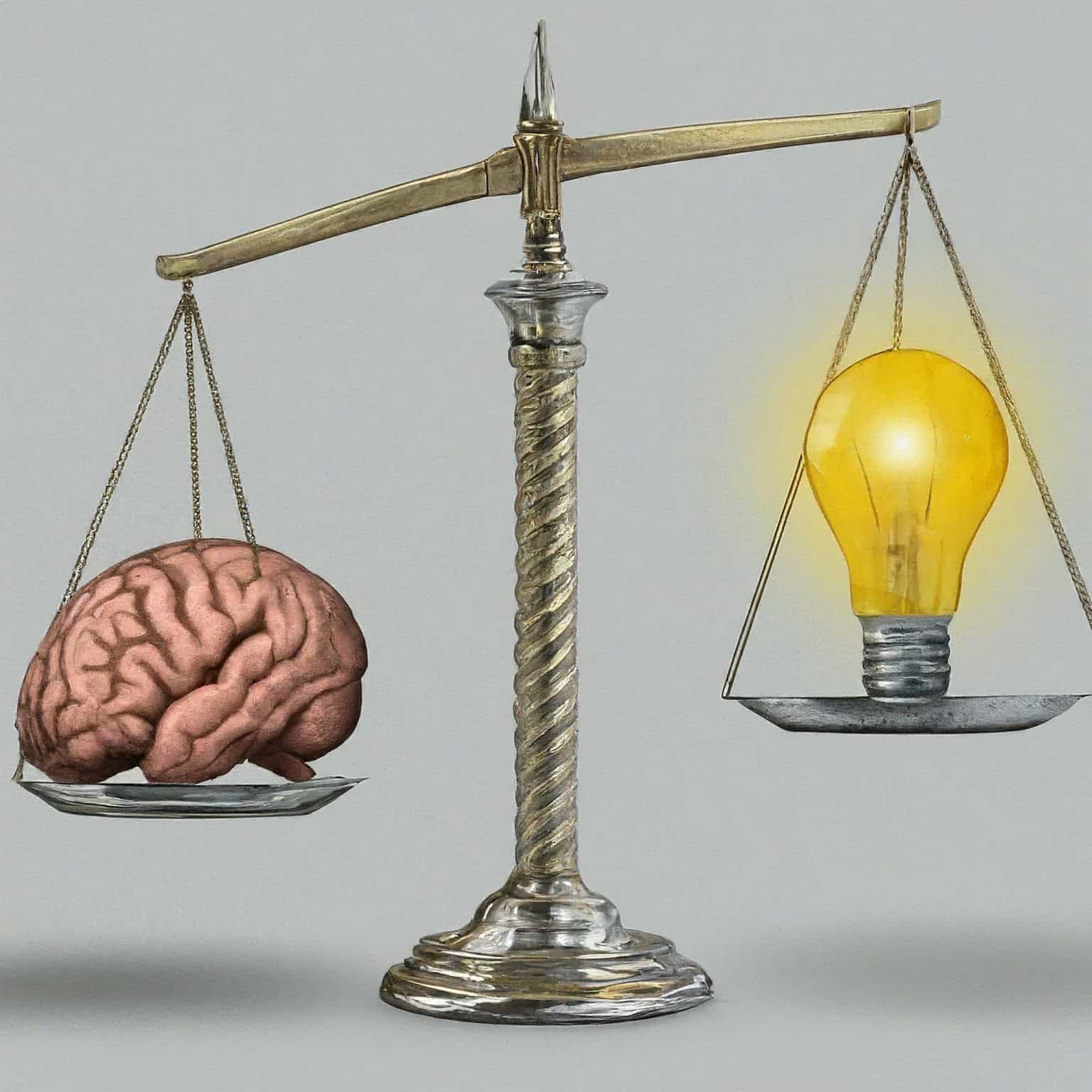
5 Motivated to constantly find challenges
Highly creative people find motivation in tasks, whether they are artistic instincts realized through drawing, painting, or writing, or tasks of a verbal nature that can be teaching or convincing another person. Instead of some promises and external factors, creative people are satisfied with the process of tasks and are constantly looking for new challenges.
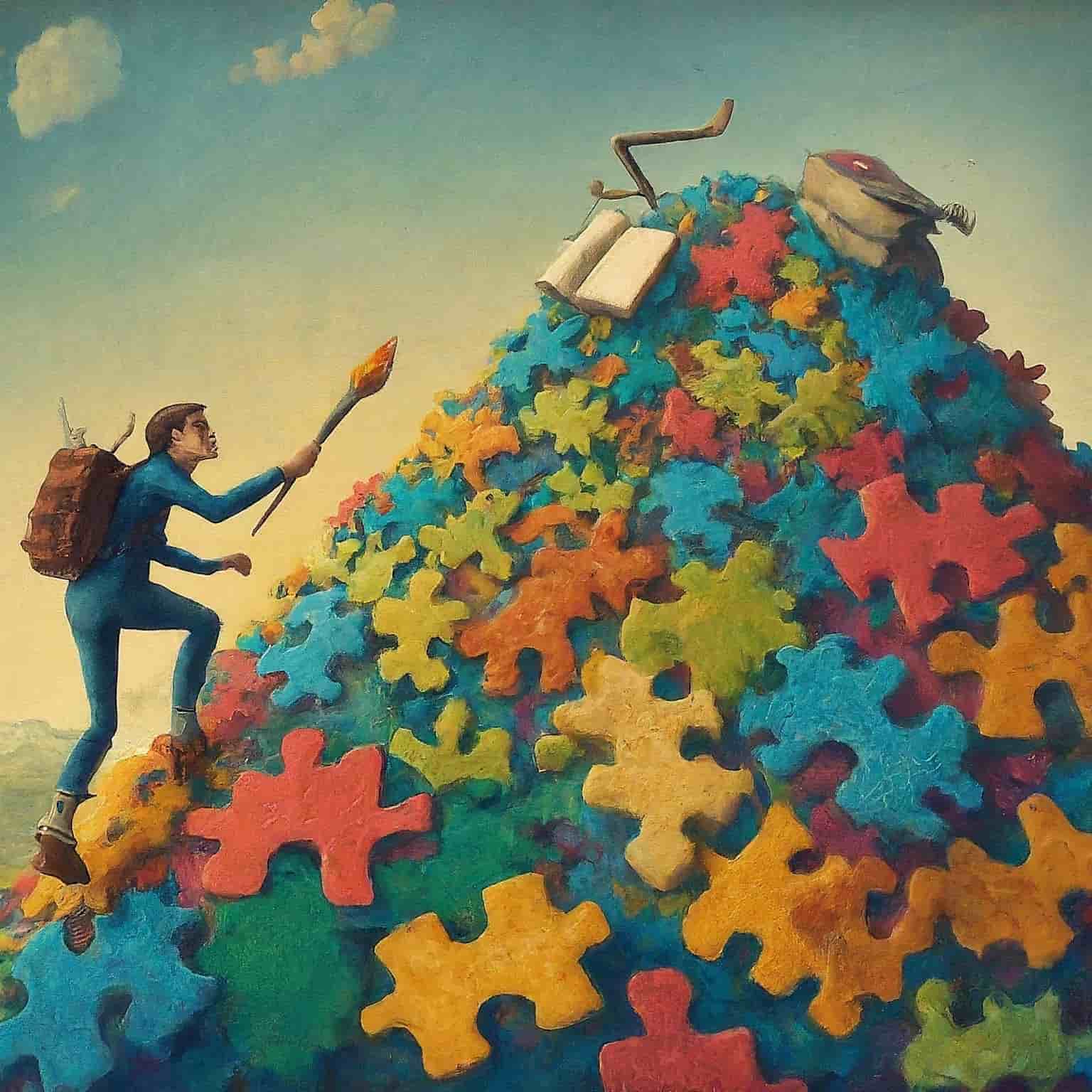
6 Review existing assumptions
Highly creative people often have a problem with authority, whether it is a person, an institution, or a tradition. Such people often need to re-examine existing assumptions and ask questions to find out what is really behind them. Some rules in the creative industries are not actually written down but rather exist as good practice. Highly creative people strive to change and improve such practices, hence such a questioning approach.
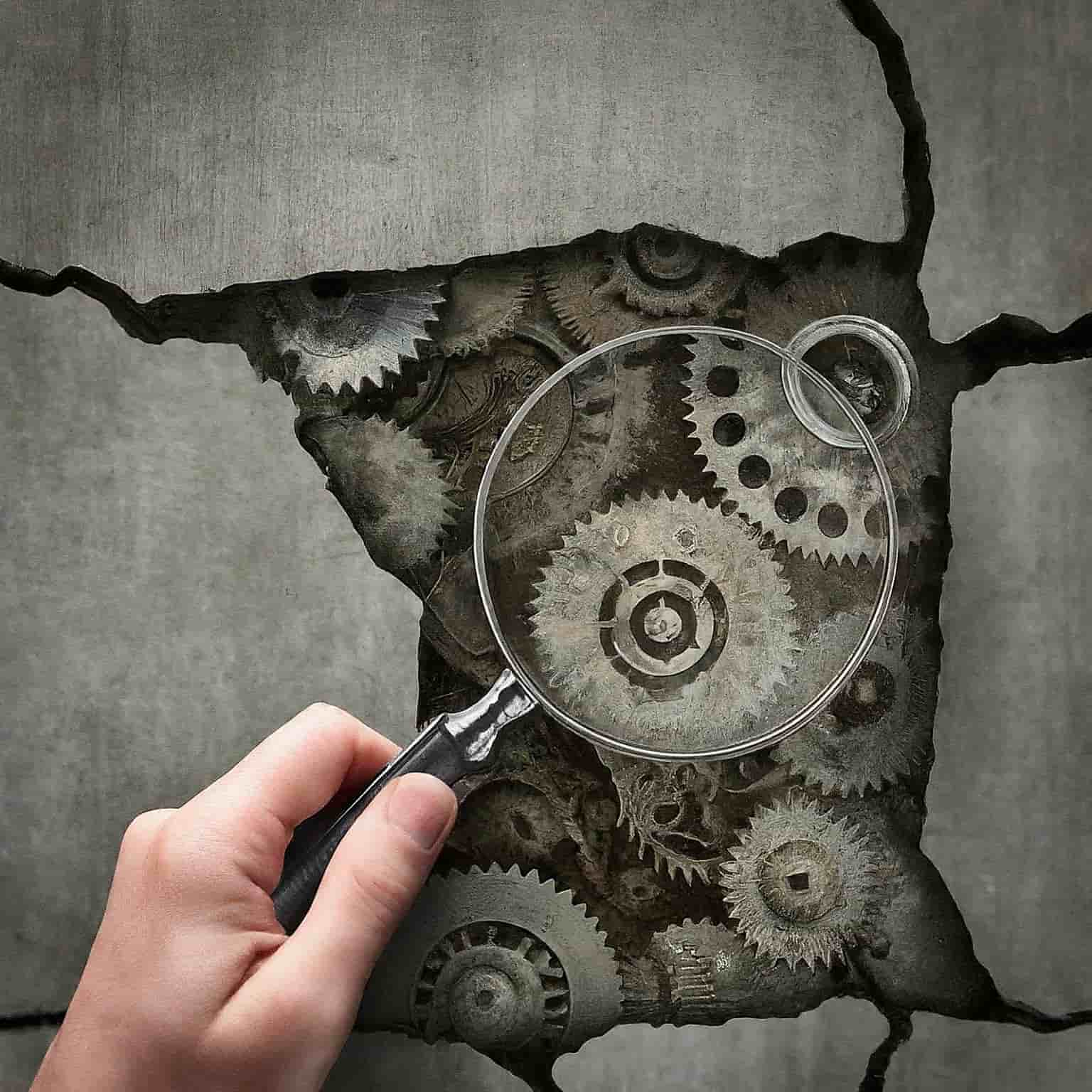
7 They find order in chaos and understand hidden information
Highly creative people find order in chaos and discover hidden meanings in the information they receive. Research and critical review are key tools used by creative people. Creative blockage and creative combustion almost always occur due to a lack of new information and therefore represent a problem during the creative process.
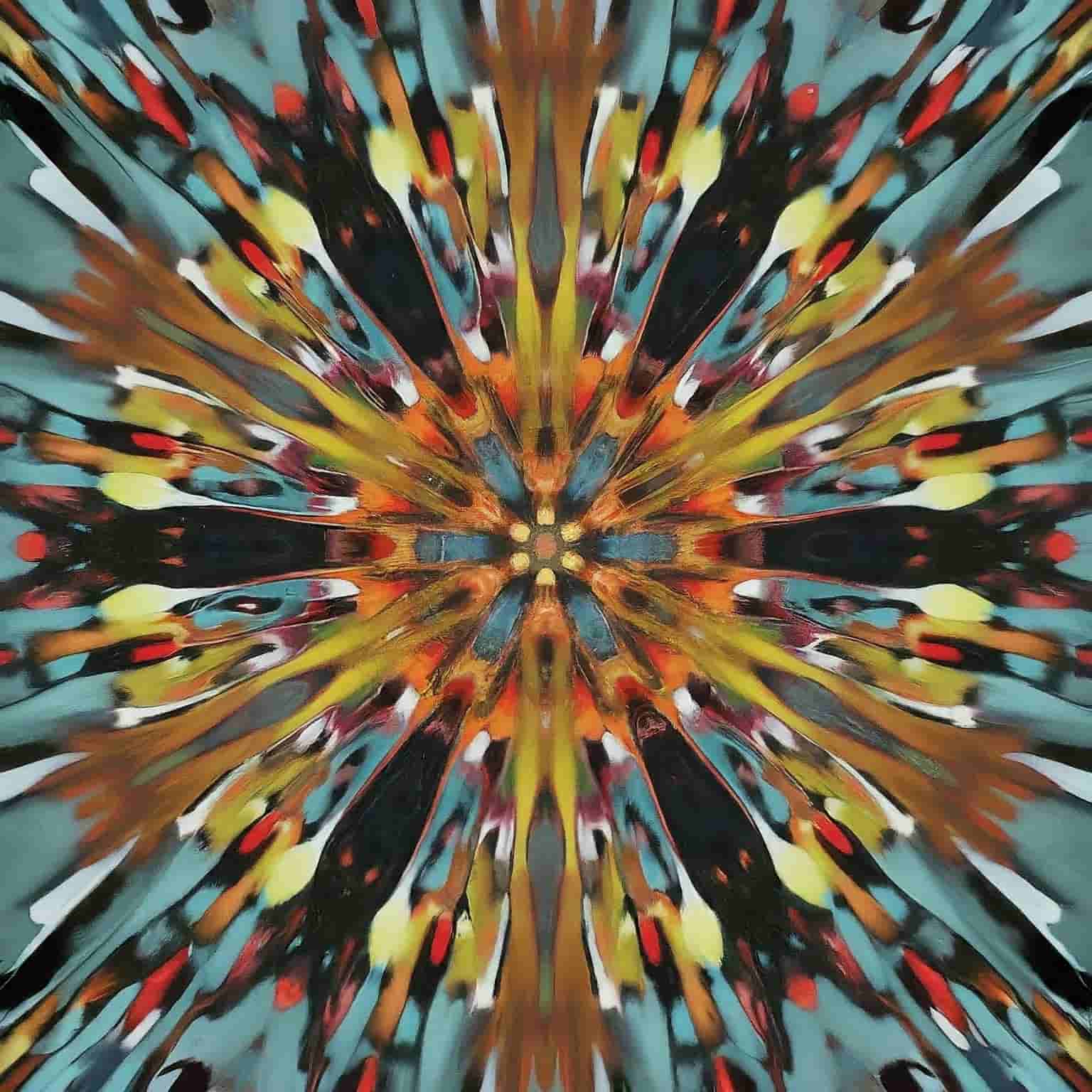
Precisely because of the delicate nature that characterizes highly creative people, the manifestation of these characteristics is even more important when determining their way of thinking and understanding the position of creative people and their creativity in the modern world.

